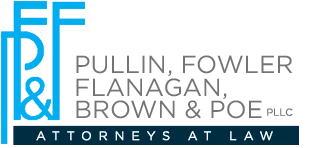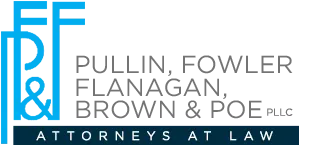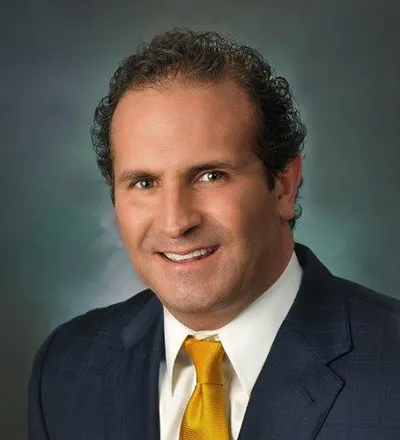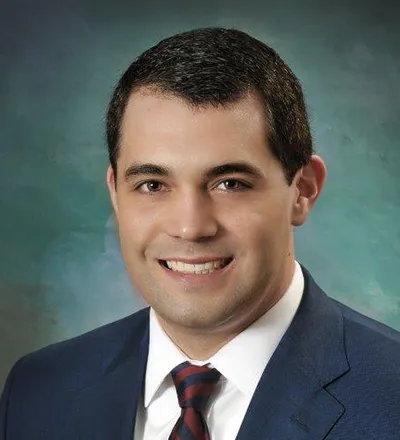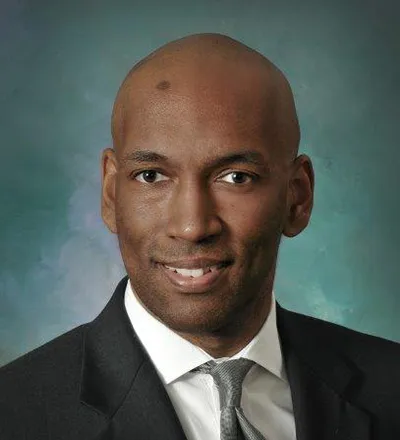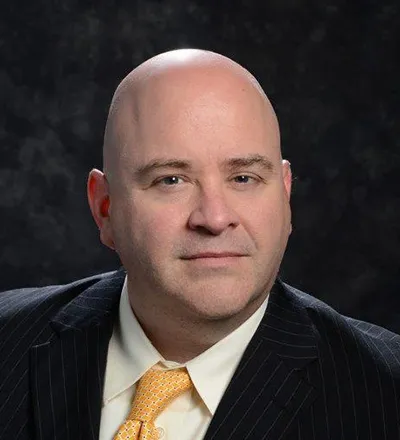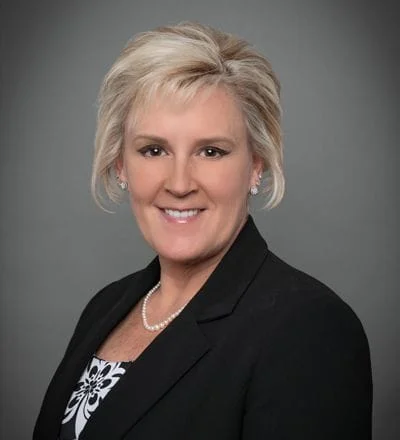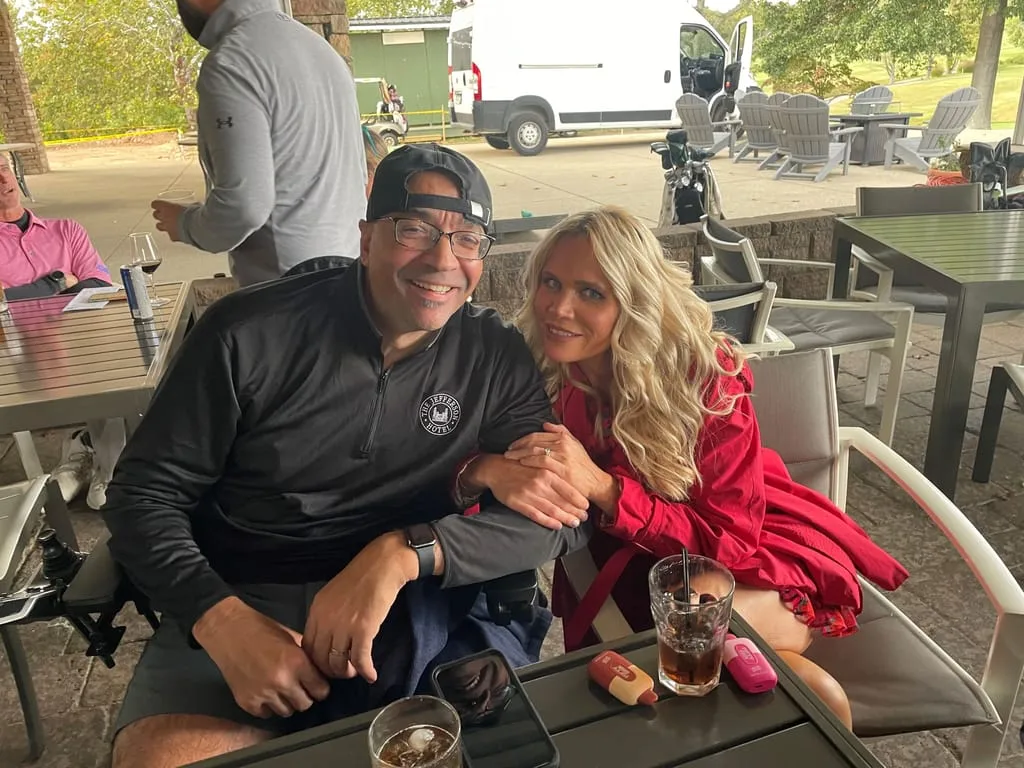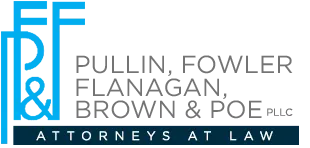
- posted: Dec. 20, 2023
- Insurance Defense Litigation
In West Virginia, bad faith is a cause of action that an insured party can bring against its own insurer for allegedly using delays and unfair tactics to avoid paying out on a valid claim. These lawsuits can be complex and expensive for companies to litigate, and they can have the added detriment of hurting the company’s reputation. However, it is in the insurer’s best interests to take vigorous defensive action.
Defenses to bad faith insurance claims can and do vary depending on the specific facts of the case. The following are the defenses commonly raised:
- Genuine issue — Insurers are not liable for bad faith if they have a reasonable basis to deny or delay a claim. For example, the insurer may have a genuine dispute about whether the claim is covered by the policy or whether the insured is liable for the loss.
- Reasonable investigation — The insurance company may show that the delay in resolution of the underlying claim was due to its reviewing evidence, interviewing witnesses and taking other prudent investigatory steps.
- Insured's comparative bad faith — The insured’s own conduct may have contributed to the delay in claim resolution. This could be because the insured lied, misrepresented facts or failed to cooperate with the investigation.
- Insured's breach of contract — The insured has a duty to comply with the terms of the insurance policy. This might be breached if, for example, the insured failed to cooperate with the insurance company's investigation or failed to provide accurate information about the loss.
- Lack of coverage — The underlying claim might be for a type of loss that is excluded from the policy. This could be because the claim falls under an exclusion or because the insured failed to meet a condition of coverage.
- Advice of counsel — The insurance company might legitimately assert that it relied on the advice of counsel in denying or delaying the claim.
There are also procedural and technical defenses that a company might raise, such as that the insured failed to go through the insurance company's internal claims process; that the insurance policy contains a mandatory arbitration clause that prevents litigation; or that the insured lost a prior lawsuit against the insurance company on the same claim — a defense known as collateral estoppel.
An experienced insurance defense attorney can evaluate the underlying claim, the viability of the insured’s allegations of bad faith and the potential defenses available. Although the primary goal should be to prevail on the merits, it may be beneficial to the company to negotiate a settlement in certain circumstances.
At Pullin, Fowler, Flanagan, Brown & Poe, PLLC in Charleston, West Virginia, our insurance team is diligent in helping carriers get a strong and effective defense in every case. If you are an insurance carrier facing bad faith allegations, contact us online or call 304-344-0100 for an initial consultation.
